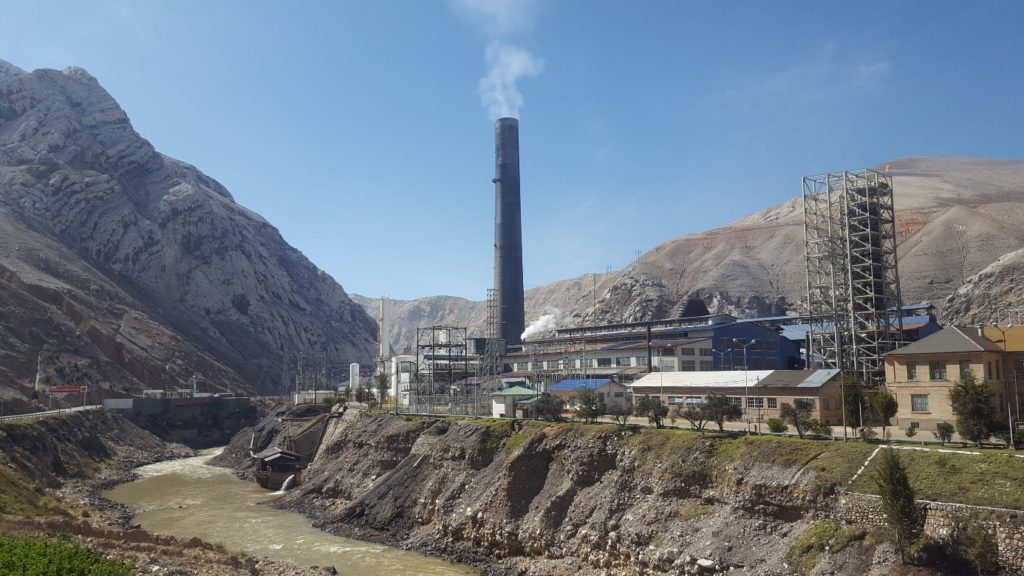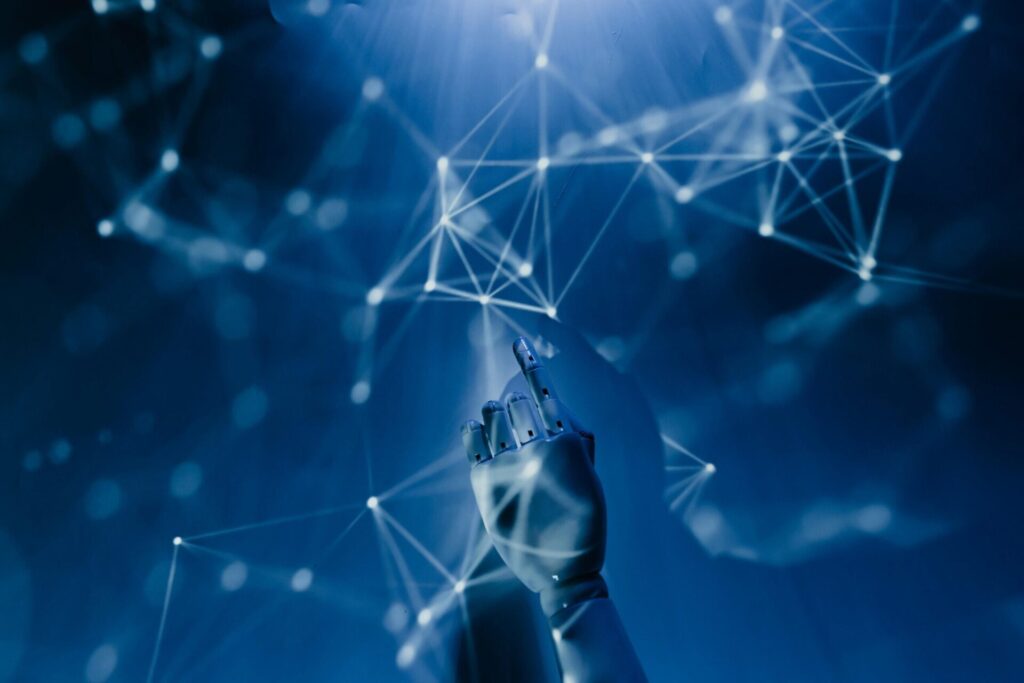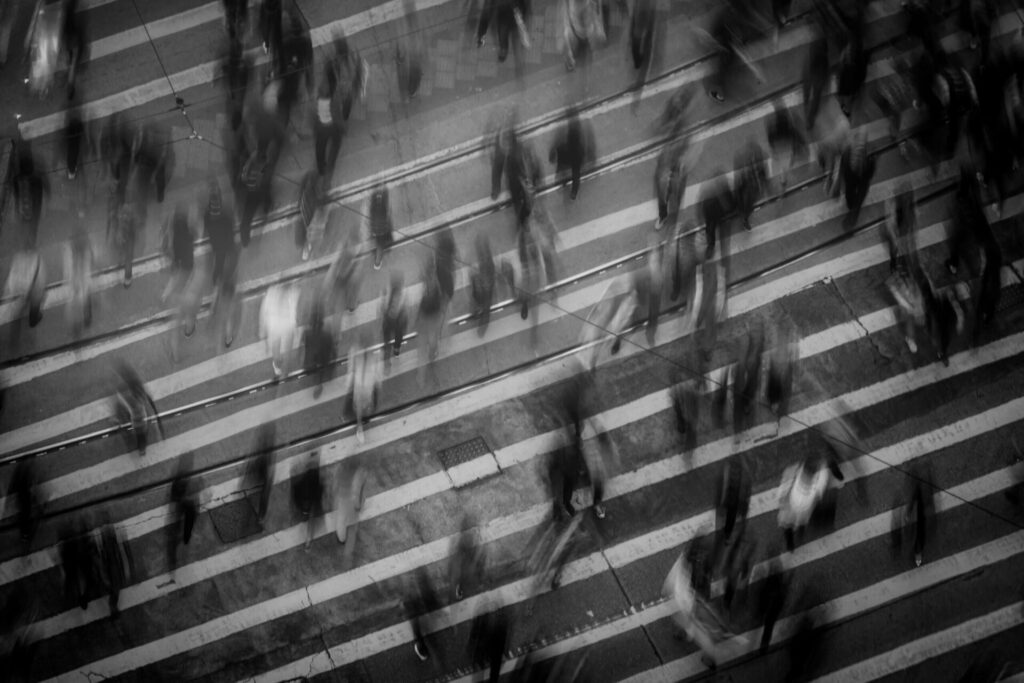Peru's elections on July 28, 2021 saw Pedro Castillo, from a left-wing party, come to power. The new president must succeed in healing the wounds of a country bruised by the Covid-19 pandemic. In addition to the heavy toll which exceeds two hundred thousand deaths and makes it the most bereaved country in proportion to its population, Peru now has 75% of its population who work in the non-formal sector and do not benefit from any form of protection. social. The president promised social reforms, education accessible to all and a mining industry (one of the most flourishing on the continent) that benefits everyone.

Peru's elections on July 28, 2021 saw Pedro Castillo, from a left-wing party, come to power. The new president must succeed in healing the wounds of a country bruised by the Covid-19 pandemic.
To everyone's surprise, former schoolteacher and trade unionist Pedro Castillo came to power in Peru on July 28, to the detriment of far-right candidate Keiki Fujimori, heir to his father convicted of crimes against humanity. for the atrocities committed during the civil war which tore the country apart in the 1980s and 1990s. Plagued by serious turbulence since the ousting of four presidents in quick succession in five years, the country must now overcome its divisions in order to face socio-economic challenges, exacerbated by the covid-19 health crisis. The new president, candidate of the far-left party Free Peru must deal with his inexperience and a parliament leaning to the right and hostile to any social measure...
Still three weeks before the first round, no observer gave Pedro Castillo the winner of this election. Originally from the rural and mountainous region of Cajamarca, located in the north of the Andean country, he became known for his union fight led during a monster strike orchestrated in 2017 to protest against plans to reduce the workforce of employers. schools in the country. Without label and called to the rescue by the Marxist-Leninist party Free Peru lacking a credible leader to present, he had no political experience. And yet, it is he who surpassed all his rivals in the first round of the presidential elections, with 18.5 % of the votes, taking advantage of the division of the left and a right weakened by repeated political-financial scandals. .
Paulo Vilca, political analyst, explains the reasons for his success: “In the midst of the Covid-19 pandemic, he is the only candidate who campaigned in defiance of health rules. He went into contact with crowds and organized huge meetings. He crisscrossed the country, traveling up and down rural areas, knowing that the big cities would in any case fall into the hands of the Fujimorist Party (PKK) and less radical left-wing parties than Free Peru ".
Pedro Castillo also benefited from a campaign led by the country's major private media, allied with conservative sectors who feared the accession to power of Veronica Mendoza, a more moderate and openly feminist left-wing candidate. An executive from his party, very active during the campaign, did not lose his temper: “Our candidate suffered numerous very virulent criticisms from the conservative, macho and neoliberal right. By torpedoing Veronika Mendoza, the conservative right brought about the victory of Pedro Castillo. Looking too much towards her, they did not see Pedro Castillo passing them on their left…”. It must be said that Castillo, despite a social program in favor of the most precarious and seen as populist, was also able to seduce a large segment of the conservative electorate, thanks to his diatribes against gender equality, abortion, marriage gay and in favor of the expulsion of the thousands of Venezuelan migrants who continue to flock to Peru.
The second round above all marked the victory of anti-Fujimorism. “This is the largest party in the country,” smiles Paulo Vilca. “Despite a continuation of the campaign which saw the majority of the media and the private sector raise the specter of communist danger, the Peruvians preferred to definitively turn their backs on the years of dictatorship which still haunt them”.
Held back by weeks peppered with appeals and recounts, Castillo lost precious weeks that he was unable to use to establish a real government plan. “It seems like he improvises everything. He chooses his ministers and senior officials poorly, who are deeply involved in corruption cases. After a few weeks, he had to get rid of his Prime Minister Guido Bellido, considered too divisive and opposed to the interests of private companies and criticized for his connections with a Marxist guerrilla group that raged during the civil war. The choice of Mirtha Vasquez as replacement for this position is calming, because she constantly seeks consensus between divergent interests. But she does not have a solid party behind her to support her reforms in Congress, which risks jeopardizing her government's projects,” says David Velazco, of the human rights organization Fedepaz and a long-time friend. of the new Prime Minister.
“The current government must above all strive to survive,” adds Paulo Vilca. “We have opened Pandora's Box of presidential impeachment during recent years of increased political instability. The country is so fragmented that there is no possible unity. The rich are opposed to the poor, the rural people are opposed to the city dwellers, the natives are despised by the mixed middle classes, the anti-miners are treated as terrorists because they are against neoliberal development, etc… All this seems irreconcilable and above all explosive . Dismissal is thus seen as an emergency instrument, a valve supposed to calm various discontents for a time...".
But the challenges are legion and require us to persevere. The new president must succeed in healing the wounds of a country bruised by the Covid-19 pandemic. In addition to the heavy toll which exceeds 200,000 deaths and makes it the most bereaved country in proportion to its population, Peru now has 75 % of its population who work informally and do not benefit from any form of social protection. 3 million more people plunged into poverty since the start of the crisis. The president promised social reforms, education accessible to all and a mining industry (one of the most flourishing on the continent) that benefits everyone.
Revival in the Peruvian mining industry?
To achieve a fair distribution of the wealth of this highly unequal country, one of the ways to achieve this, according to Castillo, could in fact be to take better advantage of mining extraction.
In Peru, the mining industry is present everywhere. According to OCMAL (Observatory of Mining Conflicts in Latin America), a “territory of mining influence” is a territory where the weight or contribution of the mine represents at least 6% of the economy of the region… It is the case of 15 of 24 regions from Peru! Generally, investments in mining in these regions go hand in hand with a lack of consideration of social and environmental consequences. With regard to the environment, mining activity has significant consequences on the transformation of soils, the monopolization and/or pollution of water reserves as well as land. The issue of “environmental liabilities” is also a matter of concern, since farms in the process of being closed or closed are left abandoned, without anyone having the responsibility to decontaminate the land or take compensation measures for populations. From a social point of view, the population of the provinces concerned most of the time encounters a total absence of consultation, whether before or during an exploitation phase. Pollution and/or land grabbing prevents farmers from carrying out agricultural activity and very often, they can no longer even cross the territories that belong to them.
Furthermore, there are thousands of people who have been contaminated with heavy metals in recent decades and who require repairs.[i]. The inability of successive governments to take these problems into account causes significant social conflict (resulting in strikes and demonstrations), which is itself reinforced by the often disproportionate response of the police.
During the spring 2021 electoral period, Pedro Castillo represented hope for populations hoping for a change in the practices of the mining industry. The majority of populations living in areas affected by the mine voted for Castillo's party, both at the first than in the second round.
Castillo did indeed mention some interesting points during his inauguration speech[ii] :
- The need to take into account the criterion of “social profitability” for future mining projects that would be established in Peru: a project that boosts the local, regional and national economy; which contributes to the national budget; which guarantees fair wages and working conditions for its workers; which offers technology transfer; and which preserves local culture and the environment;
- The need to make corruption impossible in the prospecting and development of a new mining project and to ensure adequate closure for each project;
- The need to implement a new land management law[iii], a provision long requested by civil society.
It is clear that today, after more than six months of government, the announcements have not materialized. Jaime Borda, from Red Muqui[iv], expects a policy of continuity with regard to the mining industry. “This government does not know how to manage social conflicts. The Land Management Law aimed at pacifying conflicts was blocked by the former Congress. It's possible the same thing is happening. »
There is even talk of reopening mining projects that have already caused a lot of conflict, such as the “Conga” project located in the north of the country. The international context seems to reinforce the difficulty of intervening in favor of populations affected by the mining industry. Indeed, from a global economic point of view, the current trend in metal prices is upward. Consumption and demand for minerals continues to increase globally…
On the Facebook page of Prime Minister Mirtha Vasquez, messages showing her at the bedside of multiple social conflicts flourish every day. Protocols are signed and the populations seem peaceful, for a time. But will this be enough to hope to stem the social conflict present in the four corners of the country and above all to restore the image of an already damaged presidential mandate? Will this be enough to avoid Castillo the trap of dismissal set for him by his adversaries?
Santiago Fischer (WSM) and Claire Mathot (Justice and Peace Commission).
This analysis was originally published in the January 2022 issue of Revue Nouvelle
[i] We refer to the Plataforma Nacional de Afectados y Afectadas por Metales Tóxicos.
[ii] July 28, 2021, a highly symbolic moment for Peruvians, because it was also about celebrating the bicentenary of Peru's independence.
[iii] This would make it possible to demarcate areas where mining is permitted, areas reserved for agriculture, areas of protected biodiversity, etc.
[iv] The Muqui Network is a network of Peruvian organizations that work locally, regionally, nationally and internationally to defend and promote the recognition, respect and exercise of the rights of communities and populations affected by mining activity.





